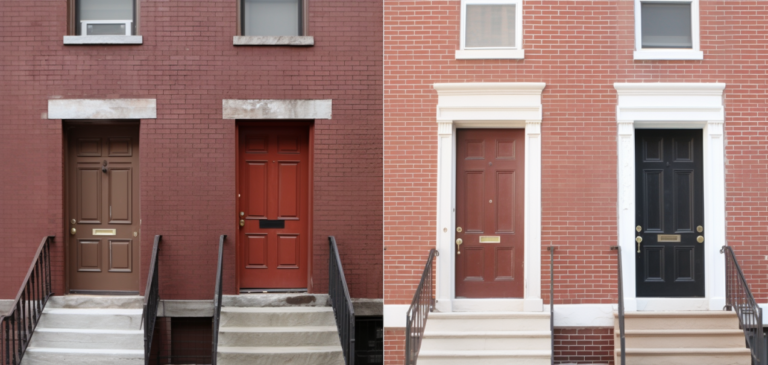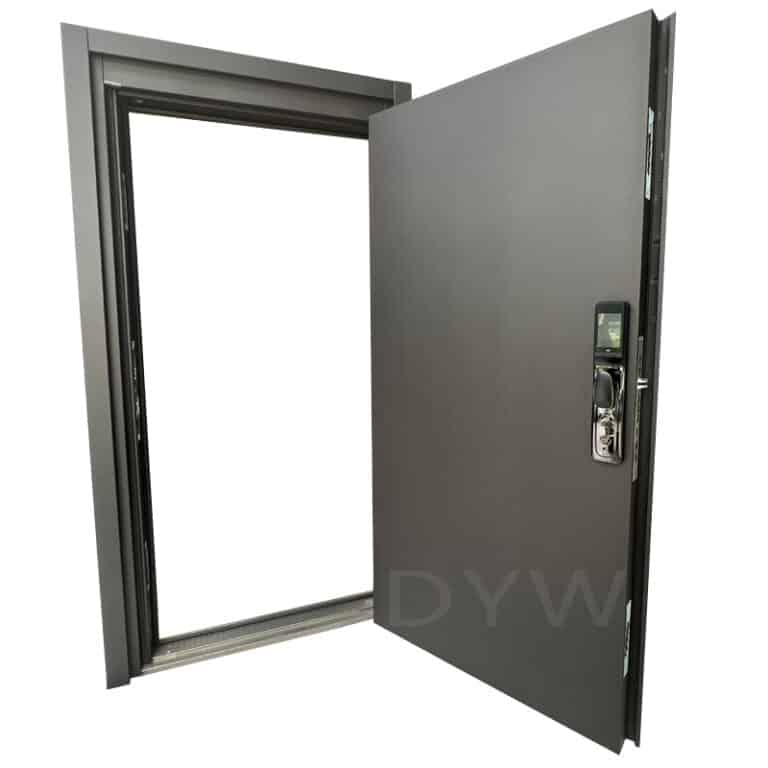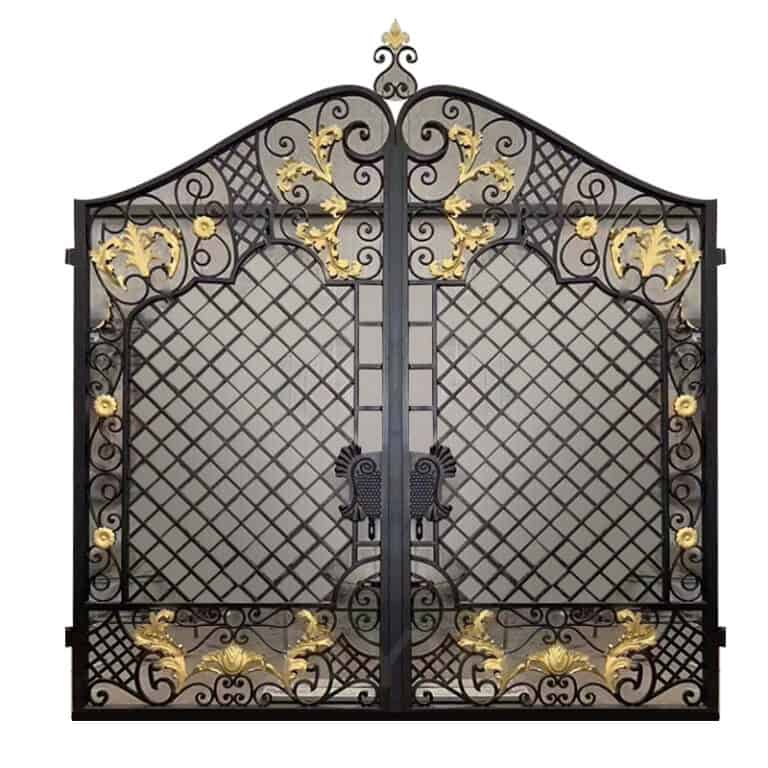How long will an aluminum pergola last?
Thinking about investing in an aluminum pergola1 but wondering if it’s worth the cost? The lifespan of your pergola directly impacts its value and your
When it comes to enhancing the aesthetic appeal and security of your home, the choice of door material plays a pivotal role. Custom doors and windows are essential elements that not only define the character of your home but also contribute to its energy efficiency and overall functionality. In this comprehensive guide, we will explore the various door materials available in the market, helping you make an informed decision when selecting the best custom door for your home.
Before delving into the specifics of different door materials, it’s crucial to understand your unique requirements. Consider factors such as the architectural style of your home, the local climate, and your budget. Additionally, think about the level of security and insulation you desire. Armed with this information, you can make a more targeted decision when choosing a custom door supplier or door manufacturer.
Wood has been a classic choice for doors throughout history, and for good reason. Wooden doors offer a timeless and elegant aesthetic that complements various architectural styles. Additionally, wood is a natural insulator, providing excellent thermal performance. However, it’s important to note that wood requires regular maintenance to prevent warping, cracking, and rotting. Choosing a high-quality wood and applying protective finishes can extend the life of your wooden door.
One popular type of wooden door is the solid wood door, known for its durability and traditional charm. Another option is engineered wood, which combines natural wood with other materials to enhance stability and reduce the risk of warping.

Fiberglass doors have gained popularity in recent years due to their durability and versatility. These doors can mimic the look of wood, providing a warm and inviting appearance without the maintenance challenges. Fiberglass is resistant to warping, cracking, and rotting, making it an ideal choice for various climates. Additionally, fiberglass doors offer excellent insulation, contributing to energy efficiency in your home.
One notable advantage of fiberglass doors is their low maintenance requirements. They typically require only occasional cleaning and do not need to be repainted or refinished regularly. This makes them a practical choice for homeowners seeking a balance between aesthetics and ease of upkeep.

For homeowners prioritizing security, steel doors are a top contender. Steel is inherently strong and resistant to forced entry, providing an added layer of protection for your home. Steel doors are also highly durable, withstanding harsh weather conditions and potential impacts. They require minimal maintenance and can be an excellent long-term investment.
While steel doors may not offer the same warmth and natural aesthetic as wood, manufacturers often provide a variety of finishes and styles to suit different tastes. To enhance energy efficiency, some steel doors come with a core of insulation, reducing heat transfer and contributing to a more comfortable interior.

Aluminum doors are known for their sleek and modern appearance. They are lightweight, corrosion-resistant, and require minimal maintenance. Aluminum’s resistance to rust makes it an excellent choice for coastal areas where salt air can accelerate metal corrosion. Additionally, aluminum doors are highly recyclable, making them an environmentally friendly option.
However, it’s important to note that aluminum is not as insulating as other materials. If energy efficiency is a top priority, homeowners may need to consider additional measures, such as adding thermal breaks or choosing doors with insulating cores.

Energy efficiency is a critical consideration when choosing a door material. The right door can contribute to a well-insulated home, reducing energy consumption and lowering utility bills. Both fiberglass and steel doors are known for their excellent insulation properties. Fiberglass doors often come with a foam core, while steel doors may have a core of polyurethane or other insulating materials.
Wooden doors, while offering natural insulation, may require additional measures to achieve the same level of energy efficiency. Proper sealing and weatherstripping are crucial to prevent drafts and heat loss. Homeowners opting for wooden doors should be prepared to invest time and effort in maintenance to ensure consistent performance.
The appeal of custom doors lies in their ability to be tailored to your specific preferences and the unique character of your home. When selecting a custom door supplier or door manufacturer, inquire about the customization options available for each material.
Wooden doors offer unparalleled customization possibilities, allowing you to choose from a wide range of wood species, finishes, and styles. Whether you prefer a classic mahogany entry door or a rustic oak design, wood can be shaped and crafted to meet your vision.
Fiberglass doors also offer customization options, with manufacturers providing various textures and finishes that mimic the look of wood. Homeowners can choose from a range of colors, panel designs, and decorative glass inserts to achieve a personalized look.
Steel and aluminum doors may have fewer customization options in terms of appearance, but they make up for it with versatility in design. Modern and minimalist styles are often associated with aluminum doors, while steel doors can be customized to include decorative elements and patterns.
The success of your door replacement project depends not only on the chosen material but also on the reliability and expertise of your custom door supplier or door manufacturer. Consider the following factors when selecting a supplier:
Reputation: Look for reviews and testimonials from previous customers. A reputable supplier will have a track record of delivering high-quality products and excellent customer service.
Experience: Choose a supplier with a proven history in the industry. An experienced supplier is more likely to offer reliable advice and ensure the success of your project.
Certifications: Check if the supplier has relevant certifications and adheres to industry standards. Certifications indicate a commitment to quality and professionalism.
Product Range: Explore the range of products offered by the supplier. A diverse selection allows you to choose the material, style, and features that best suit your needs.
Warranty: Inquire about the warranty offered on their products. A robust warranty reflects the supplier’s confidence in the durability and performance of their doors.
In the quest for the perfect custom door, homeowners are faced with a multitude of options, each with its own set of advantages and considerations. Whether you prioritize the timeless charm of wood, the durability of steel, the versatility of fiberglass, or the modern aesthetic of aluminum, understanding the characteristics of each material is crucial.
When embarking on a door replacement or installation project, take the time to assess your unique needs and preferences. Consider factors such as energy efficiency, security, maintenance requirements, and customization options. By doing so, you’ll be well-equipped to make an informed decision that not only enhances the beauty of your home but also meets your practical and functional requirements.
Remember that the success of your project also hinges on the choice of a reliable custom door supplier or door manufacturer. Research potential suppliers, read reviews, and ask for recommendations to ensure a smooth and satisfying experience from selection to installation. With the right door material and supplier, you can transform your home’s entrance into a welcoming and secure focal point.
Thinking about investing in an aluminum pergola1 but wondering if it’s worth the cost? The lifespan of your pergola directly impacts its value and your

Thinking about adding a pergola to your outdoor space but unsure about material choices? Aluminum pergolas have gained popularity for their durability and low maintenance,
Are you considering tilt-up construction for your next project but worried about potential drawbacks? While this method offers many benefits, it also comes with some
When you hear “curtain wall” and “curtain system,” do they sound like the same thing? It’s easy to get them mixed up, especially in the

Ever wondered about those sleek, glass-covered buildings dominating city skylines? Chances are, they use curtain walls. But why are architects and builders choosing this system,

Can You Import Doors and Windows from China?